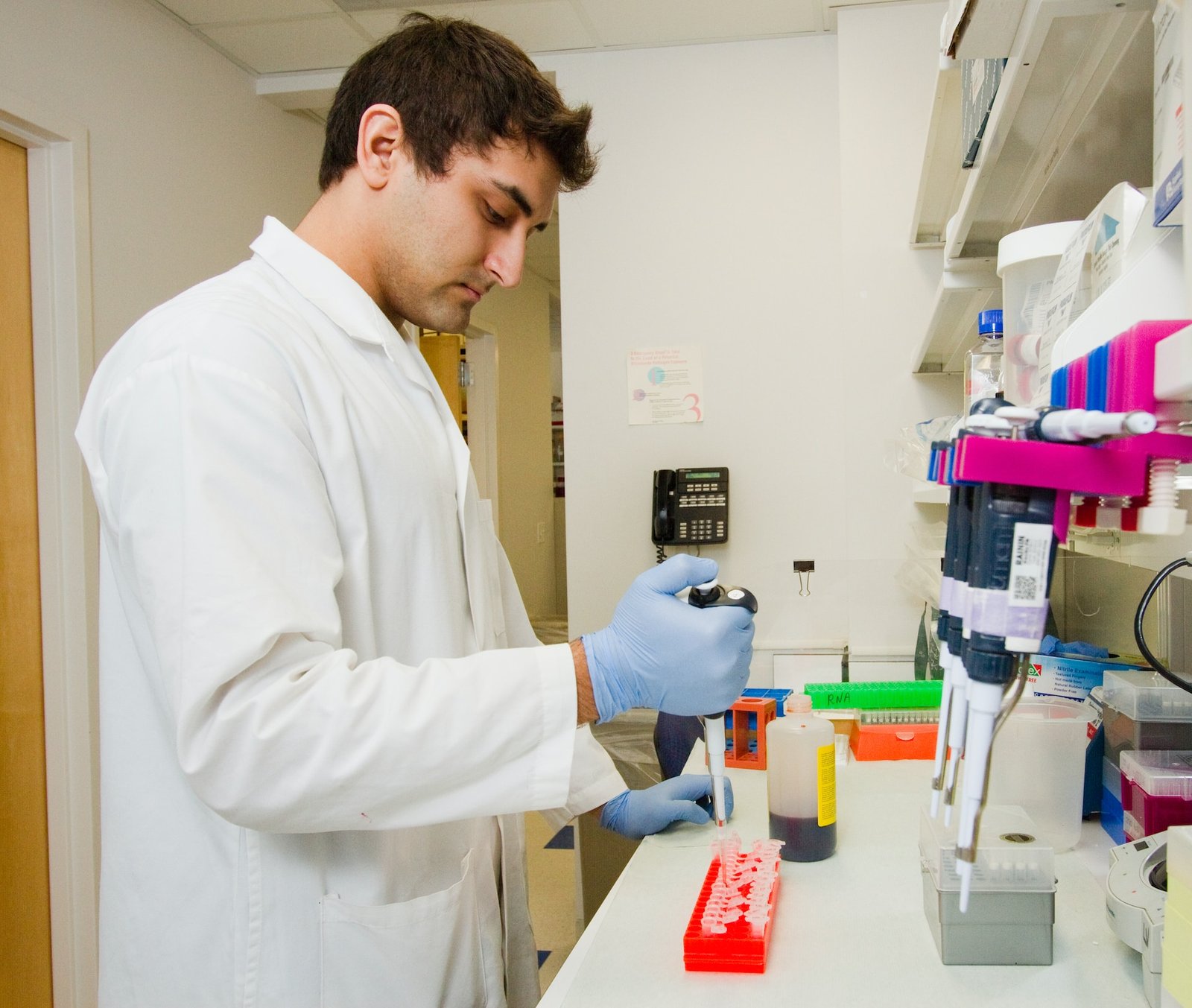In many industries, drug testing is required for prospective employees. This is done to reduce workplace health and safety risks while also helping prevent costly employee compensation claims.
Pre-employment drug tests look for illegal drugs such as marijuana, cocaine, amphetamines/methamphetamines, opiates, PCP, and opioids. They can be performed as a urine test or a blood sample.
Contents
Preventing Health Issues
A pre-employment drug test is a vital tool for ensuring the safety of your business and workforce. It can boost productivity, reduce workplace accidents and injuries, improve morale, lower workers’ comp costs, and protect your company from legal liability.
It can also help identify employees struggling with substance abuse and should be referred to drug counseling or in-patient or outpatient treatment programs. Follow-up drug tests are another essential tool to help support employee recovery and keep your workplace safe.
Tests are performed based on biological samples like urine, saliva, or hair and can detect use up to several days prior. They are screened for amphetamines, marijuana, cocaine, opiates, phencyclidine, and prescription drugs.
Preventing Accidents and Incidents
Accidents are inevitable in workplace life, but they can be prevented if business owners take the necessary precautions. They can do this by ensuring employees wear the proper personal protective equipment (PPE) and have regular breaks from work. One way to reduce the risk of accidents is by implementing a comprehensive drug and alcohol testing program. This can reduce the likelihood of workers’ compensation claims and minimize the cost of worker’s compensation insurance. In addition, many companies also conduct post-accident drug tests following a workplace accident.
However, according to a recent OSHA memorandum, employers must still justify drug testing employees after an accident. To do so, they must show that the policy was not retaliatory and that they were motivated by the desire to promote safety and health in the workplace.
Preventing Discrimination
As an employer, you have a legal responsibility to ensure that your business is free of discrimination. This includes complying with federal, state, and local anti-discrimination laws.
While it may seem overwhelming, there are simple steps that you can take to prevent discrimination in your workplace. These include having an established written policy and implementing training for all employees.
Discrimination isn’t just illegal — it negatively impacts staff engagement, morale, culture, and productivity. It can also damage your employer’s brand and hurt recruitment efforts.
It’s essential to be familiar with all existing anti-discrimination laws. They can protect employees from direct or indirect discrimination based on race, religion, ethnic origin, gender, disability, sexual orientation, and age.
Preventing Fraud
As fraud becomes more prevalent, businesses must take the necessary steps to prevent this theft. Failure to do so can lead to several repercussions, including financial loss and legal liability.
Pre-employment drug testing is an excellent way to ensure you only hire drug-free candidates before they begin work. It can help your business avoid losing valuable employees and potentially compromising the safety of others at work, as well as damaging your brand and reputation.
While it is not uncommon for false positives to occur, a well-designed and implemented drug testing policy can reduce this risk. Understanding the nuances of your company’s drug policy and how it can affect you and your applicants is also essential.



